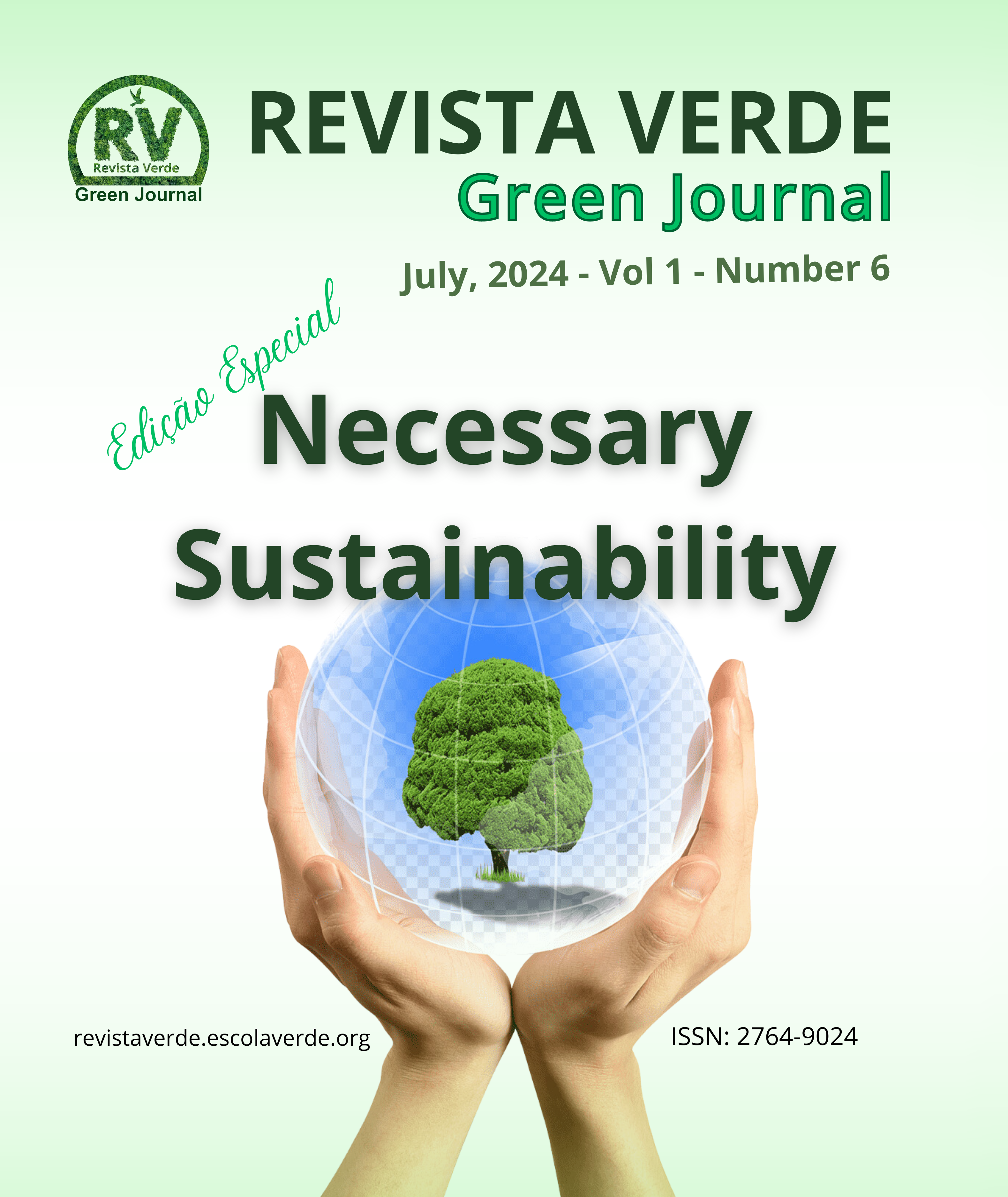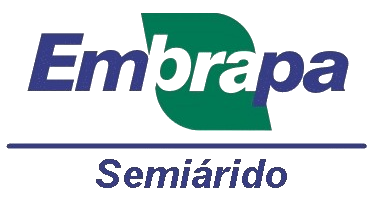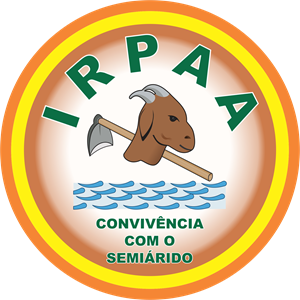Production and Disposal of Waste in Rural Schools - Pertinent Reflections
Keywords:
Waste Production, Waste Disposal, Rural SchoolsAbstract
The study discusses the production and disposal of waste in rural schools and brings some reflections relevant to this topic, since there seems to be little concern regarding waste generated in rural areas, however in recent decades these spaces have started to develop several other activities other than agriculture and livestock, which generate waste production. The rural population also began to consume more industrialized products. The objective of the study was to verify and analyze the production and disposal of waste in rural schools, located in the states of Pará and Maranhão. This study sought to answer the following research question: Based on the data analyzed in the reports of the Socio-Educational Research II, prepared by the Rural Education Degree students, we can say that the waste produced in the schools surveyed is disposed of appropriately, as proposed by National Solid Waste Policy? This is an exploratory research with a qualitative and quantitative approach. A bibliographical review was carried out on the researched topic, as well as reading and analysis of 41 reports prepared by students on the Degree in Rural Education course at Unifesspa, which presented data regarding the disposal of waste in rural schools. The bibliographic review was carried out by reading articles, books by authors such as (LOUREIRO, 2012), (LEFF, 2001), (MORIM, 2015), (OLIVEIRA & WHERMANN, 2018) and others, as well as data analysis secondary schools of the National Health Foundation (FUNASA, 2020) and the Brazilian Institute of Geography and Statistics (IBGE, 2022). The study pointed out that the destination of waste generated in the schools surveyed is burning or left in the open, also discarded on the sides of roads or highways. The study pointed out that the incorrect disposal of waste in rural schools and in rural areas as a whole can cause several problems of a socio-environmental nature, such as: contamination of the soil, groundwater, rivers and streams, as well as fires that can reach uncontrollable proportions, it can also affect the health of the population due to the proliferation of insect vectors of diseases such as dengue among others.
Downloads
Downloads
Published
Issue
Section
License
Copyright (c) 2024 Green Journal

This work is licensed under a Creative Commons Attribution-NonCommercial-NoDerivatives 4.0 International License.


































